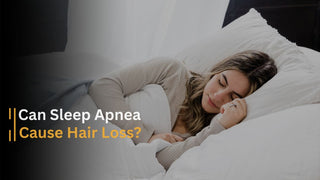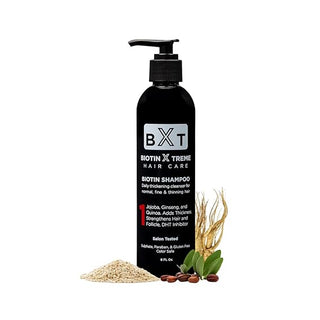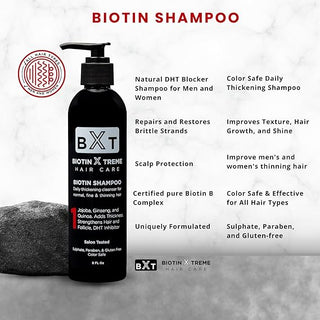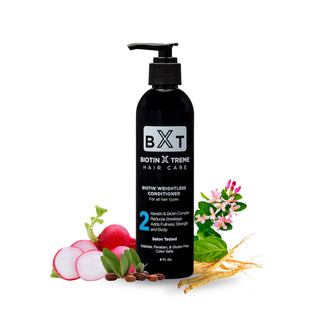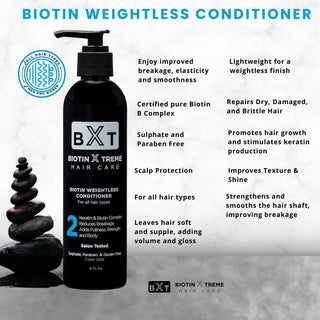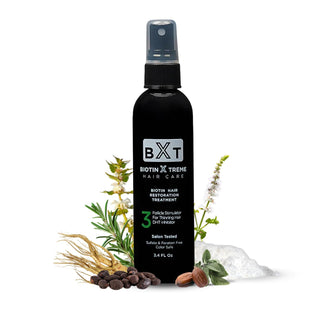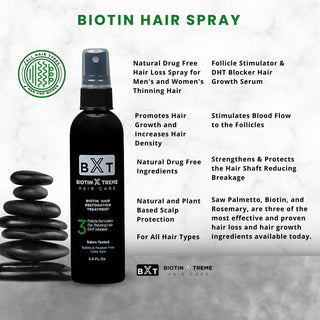What is Sleep Apnea and its Effects on Health?
Breathing ceases and resumes regularly throughout sleep, it refers to a potentially dangerous condition known as sleep apnea. You may be suffering from sleep apnea, if you have loud snoring and yet feel exhausted in the morning.
Here are the primary forms of sleep apnea:
- The more prevalent type, known as obstructive sleep apnea (OSA), is brought on by relaxed throat muscles that obstruct airflow into the lungs.
- Central sleep apnea (CSA), a condition when the breathing muscles are not properly signalled by the brain
- Treatment-emergent central sleep apnea, or complicated sleep apnea, is a condition in which a patient with OSA, as determined by a sleep study, develops CSA while undergoing OSA therapy.
What dangerous health consequences do sleep apnea cause?
The risk of heart attack, heart failure, stroke, and coronary artery disease increases with the severity of obstructive sleep apnea. Arrhythmias, or irregular heartbeats, are other conditions that are made more likely by obstructive sleep apnea. A rhythm may cause a drop-in blood pressure.
What Types of Hair Loss are Linked to Sleep Apnea?
Various studies have shown that the prolonged effect of sleep Apnea can worsen hereditary traits like and rogenetic alopecia. Also, stress along with lack of sleep can trigger hair loss. What Ingredients To Avoid In Shampoo For Color Treated Hair?
Causes of Hair Loss Associated with Sleep Apnea
There is sufficient data to indicate an association between alopecia and sleep apnea even in the absence of a clear causative relationship. Humans often lose hair every day while new hair develops in its place. An individual's circadian rhythm, also known as the internal clock, affects this process. The integrity of regenerated stem cell tissue is linked to the regularity of circadian rhythm, as shown by research. Melatonin production is sometimes used topically to treat hair loss due to its influence on the sleep-wake cycle. Normal sleeping hours are when melatonin secretion occurs, but it can also be interfered with by chronic tiredness or irregular sleep-wake cycles, which are symptoms of sleep apnea.
In connection to stress, how can sleep apnea result in hair loss?
There are three possible outcomes:
- Hair follicles enter a dormant or sleeping condition in response to significant stress. The accumulation causes the impacted hairs to come out when the hair is washed or combed later.
- Psychosomatic reactions, such as tugging one's eyebrows or hair, can be triggered by stress. A method some people use to cope with their bad emotions is trichotillomania.
- Excessive stress triggers the immune system to assault hair follicles, as in the case of alopecia areata.
Is hair loss from sleep apnea reversible?
Sleep deprivation seldom results in permanent hair loss; however, regeneration may occur depending on the specific cause of the hair loss.
Lack of sleep is a type of stress, and stress has been linked to hair loss. It can worsen hereditary hair loss in both men and women who have a genetic tendency to androgenic alopecia, as well as create transient hair loss diseases such as telogen effluvium.
Since hair loss is a lifelong, progressive disorder, even though the pace of shedding may moderate significantly, your condition is likely to worsen even after your sleep patterns have returned to normal and the source of your sleep disturbances has been found and addressed.
Treatments to Manage Sleep Apnea and Help with Hair Loss
- Sleep apnea is treated with a variety of natural therapies.
- Keeping a healthy weight
- Doing aerobic exercise to improve oxygen flow, such as running or yoga
- Staying away from alcohol and nicotine.
- Using oral appliances to keep airways open while sleeping.
Experts could advise CPAP treatment. A continuous positive airway pressure (CPAP) machine helps people with sleep apnea get the restorative advantages of uninterrupted sleep. The continuous positive airway pressure (CPAP) machine releases sufficient pressure throughout the wearer's undisturbed sleep to maintain the opening at the back of their neck through a steady stream of air.
Types of Hair Restoration Techniques for Sleep Apnea Patients
Hair loss treatment is never a one-size-fits-all solution. Depending on the hair loss condition, experts may suggest the following treatment options.
- Platelet Rich Plasma (PRP) Therapy
PRP is drawn from blood, processed, and then injected into the affected area on the scalp. This therapy is known to reduce hair loss in a maximum number of patients.
- Micro-needling
It is a non-surgical specialized treatment where needles are punctured into the skin.
- Biotin Hair Restoration Spray
The use of Biotin is popular for hair growth treatment options. This application helps to widen blood vessels, opens potassium channels, and allows blood, nutrients, and oxygen to reach hair follicles.
- Hair Supplements
In cases where stress is caused by to lack of proper sleep as a result of sleep Apnea, the hair loss is temporary. Doctors can assess and provide personalized treatment plans where hair supplements are recommended. For Females, they may also be recommended some hormonal prescriptions.
Tips for Managing Stress That Can Impact Your Hair Health
- Breath exercises, mindfulness, and meditation
Try your best to de-stress, whether it's by taking ten minutes to meditate or by carefully concentrating on your breathing. breathing techniques both before you go to sleep and when you wake up in bed.
- Foster an optimistic atmosphere
The environment is a major concern. It is critical to establish a nice atmosphere for yourself to live in since being in a noisy, unclean, or polluting space is bad for your mental health.
- Discover how to destress
Muscle tensing exercises can help the body recognize when it is tense and replace natural reactions to stress and anxiety. You can teach your mind to identify negative thoughts and swap them out with constructive ones.
- Make sure your diet is well-balanced
Experts concur that maintaining good hair requires a balanced diet. These days, people follow vegan or elimination diets, so it is critical to make sure they are receiving adequate iron, zinc, and vitamin D, for example. Also beneficial is a quality supplement.
- Fill your day with constructive activities
It is crucial than ever to schedule things in your day that you know will bring you happiness. It can be anything you enjoy, like talking to friends or family, having a cup of coffee, or doing a five-minute breathing exercise three times a day. It can even be a jog or power walk.
Biotin Shampoo and Conditioner
Also known as vitamin B7, biotin is a popular OTC supplement. It is essential for certain key metabolic processes within our body. It also promotes keratin development, which is known to maintain healthy skin, hair, and nails.
Applying biotin shampoo and biotin and keratin conditioner can be effective in many cases of hair loss and thinning hair.
